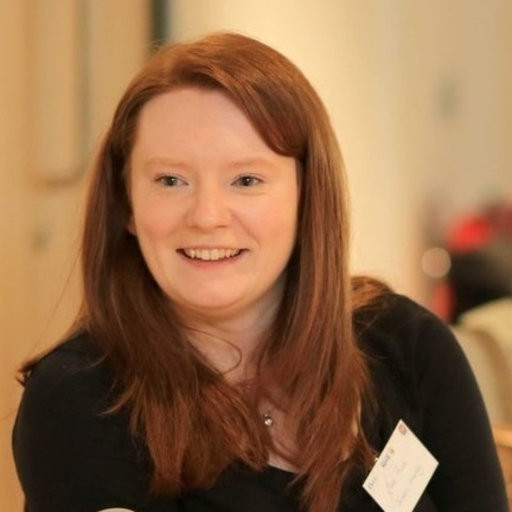
For our weekly “Ideas on Europe” editorial by UACES, the University Association for European Studies, we have the pleasure to welcome Clare Rice, from University of Liverpool, in England. Bonjour, Clare!
Everybody speaks about the Hungarian and French elections, but Europe should also have the Northern Ireland Assembly on the radar. The election will take place on 5 May. Clare, you have worked on a research project called “Performing identities” – tell us about your findings.
The “Performing identities” project examined Brexit and its impact on matters around identity and governance in Northern Ireland. A core part of this research involved interviews with people from across Northern Ireland, which happened while negotiations were in progress between the UK and the EU. We asked people what their views were on Brexit and what it might mean for Northern Ireland in the future. A key finding across our interviews was concern that Brexit would be divisive, and that the complicated power-sharing arrangements in place could be put at risk in the longer term.
Did things happen as people expected?
Yes and no. Initially, we saw a hardening of the extremes of the political spectrum after the 2016 Brexit referendum, with the Democratic Unionist Party (DUP) and Sinn Féin – the party that fights for the reunification of Ireland - being the main beneficiaries.
In 2019, this started to shift, with a growth in electoral support for parties closer to the centre-ground, particularly for the Alliance Party which does not identify itself as either unionist or nationalist. Brexit was a key underpinning to these developments.
The elections to the Northern Ireland Assembly in May will actually not be the first to happen since Brexit. Between 2017 and 2019, there were five elections: local government; Northern Ireland Assembly; the European Parliament in 2019, and of course two elections in 2017 and 2019 for the British parliament, where Northern Ireland, with its almost two million inhabitants, counts for 18 seats.
However, the coming election is the first to happen since the Protocol on Ireland/Northern Ireland came into force at the start of 2021. As you know, this is the part of the UK-EU Brexit agreement which deals specifically with Northern Ireland, and it has been a source of deep contention.
It has broadly divided parties into those who seek its ‘rigorous implementation’, and those who want to see its removal and an end to the ‘Irish Sea border’ with regard to the movement of some goods from Great Britain to Northern Ireland. The contours of the Assembly election have been formed along these lines, but a number of polls now have shown that Brexit is not a priority issue for voters. This presents a specific challenge for the DUP, which collapsed the Northern Ireland Executive in February this year in protest at the Protocol.
All this sounds like a very unstable situation. What should we expect from the election?
This election has the potential to alter the dynamics of politics in Northern Ireland as we know it.
Following the First Minister’s resignation, the Assembly was able to continue to operate, but there was no Executive in place for new policy or other decisions to be taken. This caused particular difficulty in relation to the passage of a budget and the release of £300million, which, in accordance with legal advice provided to the Finance Minister, cannot be spent without Executive agreement, at a time when the cost of living is soaring and health care waiting lists are some of the longest in the UK. How this wider context will influence the way people direct their votes in May will be interesting to watch.
A further aspect is that only one seat separated the DUP and Sinn Féin after the last Assembly election in 2017. This lead to three years of political immobility, until the ‘New Decade, New Approach’ agreement was reached in January 2020.
The opinion polls suggest that, for the first time, Sinn Féin could obtain more seats than the DUP, which would mean that the First Minister would come from this party for the first time. This would have little practical, but great symbolic significance. The DUP have yet to confirm that they would nominate someone to the Deputy First Minister role if they do not come out as the largest party. The party is also seeking changes to the Protocol, which it has conceded are unlikely to be achieved before the election.
All of this means that power-sharing in Northern Ireland is facing an indefinite period of political crisis after the election.
And it does not make the relations between the European Union and the United Kingdom any easier.
Many thanks for your insight, Clare, and for raising our awareness on this election.
“Ideas on Europe” will be back next week, and we will welcome Daniel Hegedüs again, from the Berlin office of the German Marshall Fund.





